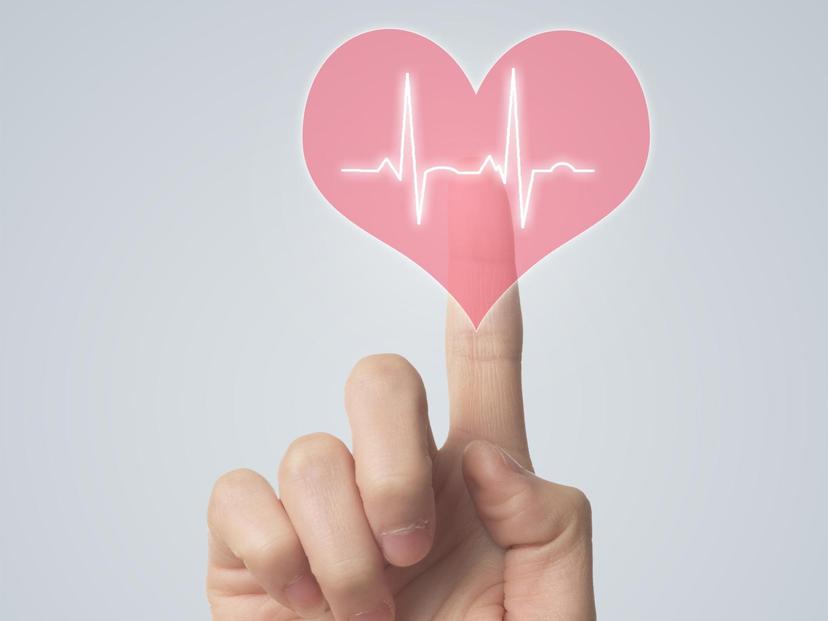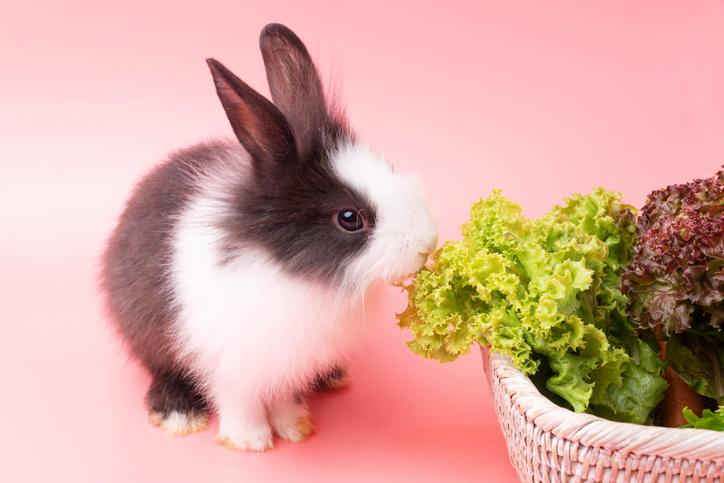26 июля 2024
How to Handle a Rumbling Stomach


26 июля 2024
How to Handle a Rumbling Stomach
## 8 main reasons
Hunger: You smell delicious food and immediately have a rumbling in your stomach. Your brain signals your stomach to produce the appetite-stimulating hormone ghrelin, which causes your intestines and stomach to contract. This is what causes the rumbling sounds.
- Overeating: Food, liquid, and digestive juices mix with the air we breathe in. Together, they pass through the digestive tract, causing the rumbling sound. This most often occurs when we overeat.
- Liquid after eating: Drinking too much makes it harder to produce gastric juice and impairs digestion.
- Lack of fluids: Water saturates the body with moisture, cleanses it, and prevents unpleasant sounds in the stomach.
- Eating foods that cause gas: Some foods are hard to digest and cause flatulence and rumbling. These include peas, lentils, white cabbage, broccoli, cauliflower, and foods with artificial sweeteners.
- Stress: Nervous tension can cause issues with the stomach.
- Eating fast food: Fatty and high-carbohydrate food negatively affects the work of the GI tract and provokes unpleasant sounds.
- Consuming alcohol: The body can similarly react to alcoholic beverages, especially if you have GI problems.
> If you suffer from food intolerances, avoid foods with triggering agents such as lactose, gluten, and histamine, as they can provoke stomach rumbling.
## Sound as a symptom
Unpleasant sounds in the stomach caused by one of the listed reasons do not pose a special threat to health. However, rumbling in the stomach can be a symptom of a serious disease. If the sounds in the abdomen are stronger than usual and are accompanied by ===fever, nausea, vomiting, diarrhea, constipation, bloody stools, heartburn, or sudden weight loss, you should immediately undergo an examination by a gastroenterologist.
## What to do
Even if rumbling in the abdomen is not associated with a disease, it causes a lot of discomfort and can put you in an embarrassing situation. Lifestyle and dietary changes can help, including the following.
- Eliminate foods that cause flatulence. Add more fiber to your menu such as greens, vegetables, fruits, and whole grains.
- Eat small meals.
- Chew your food thoroughly.
- Do not allow long breaks between meals, and snack on fruit, dried fruit, cottage cheese, or nuts.
- Drink more water – 1 oz. for every 0.5 lb of body weight.
- Take probiotics, which will improve digestion and help with dysbiosis.
- Do not drink anything immediately after eating.
- Eat sweets no sooner than 1-2 hours after main meals.
- Reduce caffeinated beverages to 1-2 cups a day.
- Move more – it is especially helpful to take a walk after a meal.













